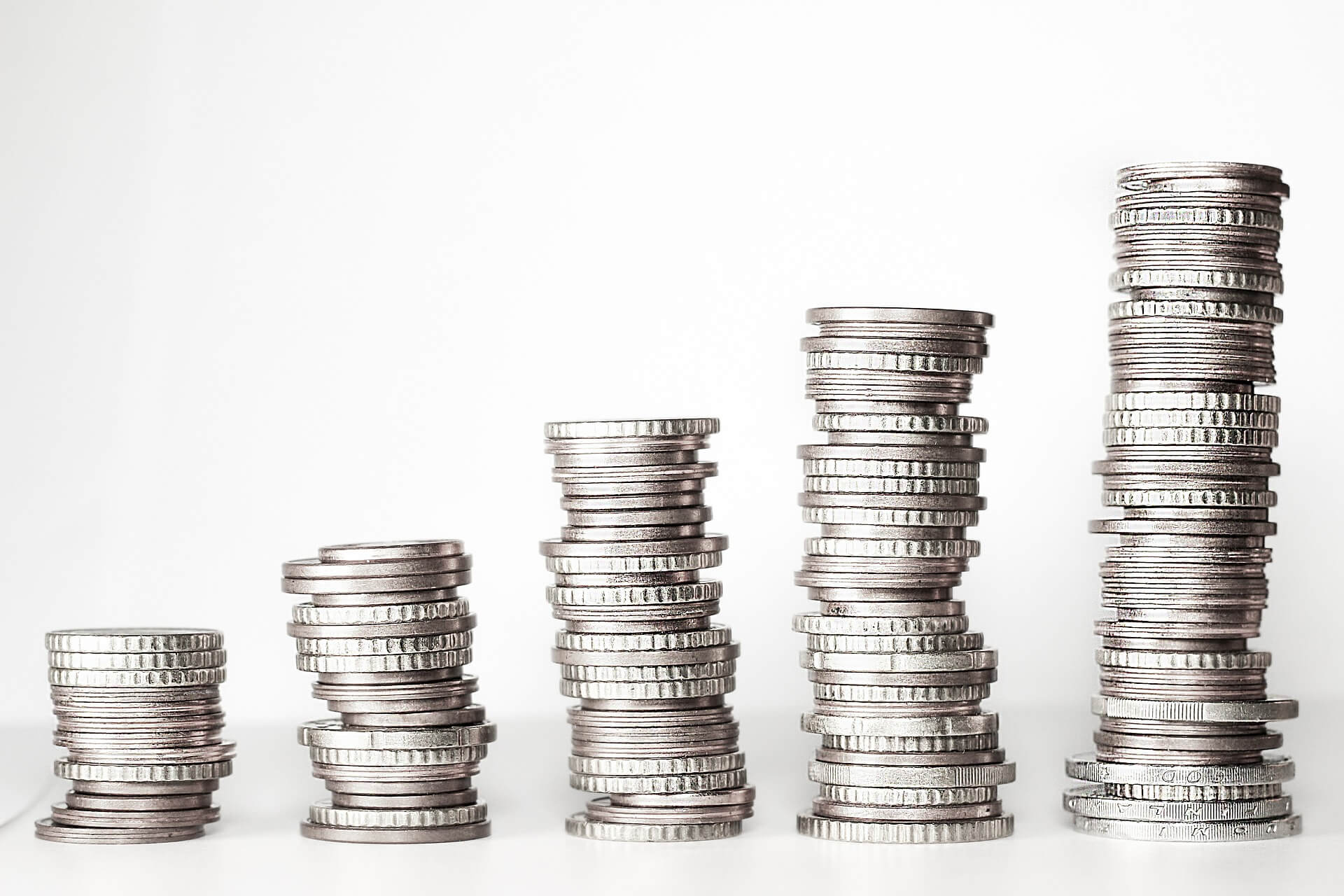When you take out a mortgage, apply for a credit card, sign for a car loan, or set up an instalment plan for kitchen appliances, you use credit. Your total credit use makes up your credit history.
In Canada, two agencies—Equifax and TransUnion—manage credit histories. Before a company agrees to extend credit to you, they’ll usually contact one of these two companies to request a credit report.
Your credit report contains detail about every loan you’ve taken out over the last 6 years. The report indicates whether you pay on time, how much you owe, what your credit limits are, and who has accessed your file.
Each of the accounts includes a letter–number notation. R refers to a revolving debt (e.g. line of credit), and I stands for an instalment account (e.g. buying a fridge). The numbers range from 0 (too new to rate) to 9 (bad debt, collections, bankruptcy). For a revolving account, an R1 rating is the ideal notation: that means you regularly pay your bills on time.
If you want to make sure you have a good credit report, follow these 4 tips:
- Pay on time. Many on-time payments will help boost your credit score.
- Keep balances under 30% of credit limit. Balances above 50% of your credit limits will harm your credit.
- Don’t be too quick to close old accounts, especially if you’re about to apply for a loan. An established credit history makes you a safer borrower.
- Apply for new credit in moderation. Credit reporting agencies record each time a lender checks your credit history. Too many inquiries can raise red flags.
If you’re worried about your credit report, contact us for ideas.

